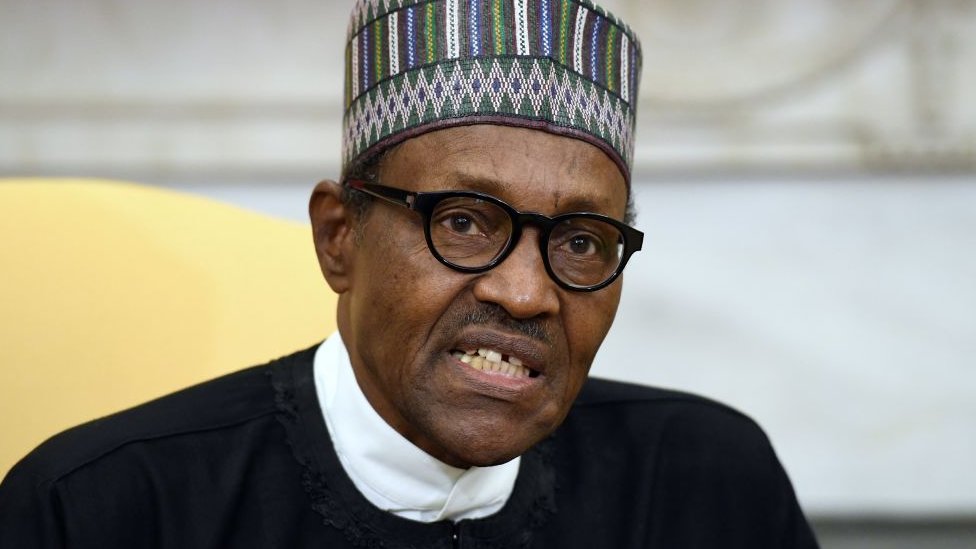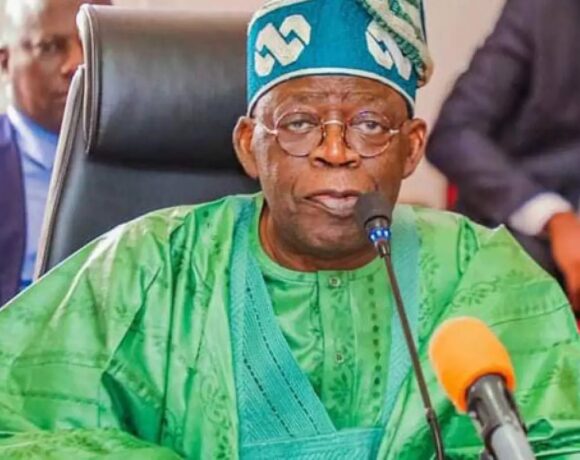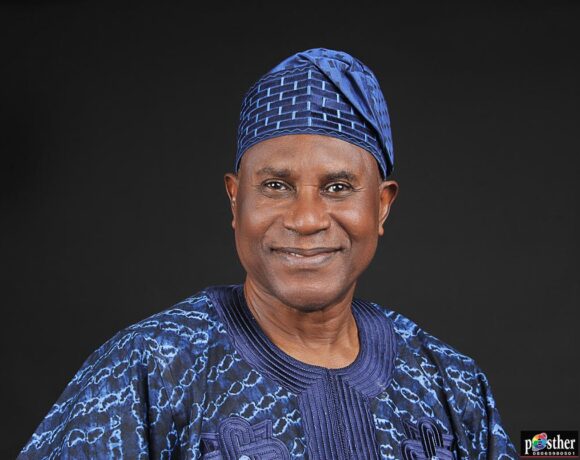“Majek Fashek: Still Raining, Gloriously” by Is’haq Modibbo Kawu

In 1988, Majek Fashek released the album, PRISONER OF CONSCIENCE, which contained the hit song, Send Down the Rain. It was a very big hit, in what would be a very rainy year in Nigeria! The radical lyrics were very much in tune with that period in history. The struggle against apartheid was reaching it’s height, and Nigerians had a spike of consciousness, and were proudly in solidarity with our brothers and sisters, in the struggle against the racist regime in South Africa, as well as those fighting against the occupation of Namibia. The ANC in South Africa, and SWAPO in Namibia, were household names as liberation movements, all over Africa. Though Nigeria was under military dictatorship, nevertheless, our national commitment to the struggle, made us a leading light all over the world, as almost the permanent Chairman of the UN Special Committee Against Apartheid; while Nigeria was the only non-Southern African country, that was named and respected as member of the Frontline States in the struggle against Apartheid. On campuses all over Nigeria, students organised anti-apartheid movements; and from the 1970s, especially after the 1976 Soweto Uprising, the Nigerian Government, under General Obasanjo, instituted a Southern African Relief Fund (SARF), to aid the liberation struggle, including the sponsorship of hundreds of students from Zimbabwe, Namibia and South Africa, in Nigerian institutions. Workers voluntarily contributed part of our salaries to the Fund.
Earlier in 1975, at the Extraordinary Summit of the OAU, General Murtala Muhammed had delivered the famous AFRICA HAS COME OF AGE speech, which rallied African support for the MPLA as the legitimate movement leading the struggle for Angolan Independence. The Nigerian Delegation to that Summit had included the Katsina royal, but politically radical, Inspector General of Police, MD Yusuf, and the influence of the radical ABU Zaria sociologist, Dr. Patrick Wilmot, loomed large, in Nigeria’s stance. The South African apartheid regime, supported by the USA, Britain and other colonial powers, had invaded Angola, supporting the puppet movements, UNITA, led by Jonas Savimbi and FNLA, of Holden Roberto. It took a Cuban expeditionary force, sent by Fidel Castro, to halt the plans of apartheid and imperialism, to prevent genuine liberation in Angola. If they had succeeded, Naminian independence and the South African struggles would have suffered a strategic reverse. Murtala Muhammed’s radical stance, was Nigeria’s finest moment in contemporary African diplomacy. It was also to be one of the reasons that he was killed. He was not forgiven by imperialism!
This was the historical context that gave Majek Fashek the wings to fly. Artists around the world were also becoming increasingly socially conscious, and their art, reflected that fact. It was the age of hope for social emancipation, after the triumph of the anti-colonial struggles of the 1950s and 1970s. The lyrics of their songs, spoke to the major social issues of the times, and more than most musical forms, reggae was a particularly poignant platform that conveyed the revolutionary ideas of the 1970s and the 1980s, as reflected in the works of Bob Marley; Peter Tosh and so many other reggae musicians. Nigerian reggae too, belonged in that sensibility, first with Sony Okosuns and his wonderful songs, and the younger generation such as Edna Ogoli, Ras Kimono and others. But Majek Fashek was perhaps the most important of those artists who became very popular from the 1980s. And the song SEND DOWN THE RAIN became a major hit, as would be the entire album, PRISONER OF CONSCIENCE. Nigerians couldn’t stop singing the song, and young people particularly loved Majek Fashek. It was as if they had found our own answer to Bob Marley!
In 1988 at the height of his popularity, he came to play in Ilorin. I got him to Radio Kwara for an interview. At that time, I was also reporting for the Cooperation Service of Radio France International. When he arrived at the Broadcasting House, in the company of Black Rice and Amos Mcroy Jegg, a small crowd of children formed around him, and he insisted that I allowed the children accompany him into the studio, for our interview. He relished their attention, and was particularly enamoured of the children. The kids became part of the interview and he got them to sing along the hit song. The interview was broadcast live on Radio Kwara and was also distributed around Africa, by Radio France International. A few other songs would be released by Majek Fashek (Majekodunmi Fasheki). But none had the impact of the debut album. He eventually left Nigeria in pursuit of International stardom, and in the United States, began that downward slip, that was fueled by a very controversial lifestyle, and before long, the artist slipped into oblivion, no longer recognisable in the physical specimen that contrasted with the very good looking, full of life, young man, that had entered our lives in 1988!
The meat grinder of capitalism, in the leading imperialist country in the world, the United States, had claimed our Nigerian “prisoner of conscience”; Majek Fashek never regained himself. Nigerian music, in the subsequent years, moved on, with a newer generation. The country itself had become increasingly younger demographically, and the content of the contemporary song, had been purged mainly of the radical lyrics of the previous, Majek Fashek generation. This is the age of neoliberal capitalism, the fetishism of money and consumerism. The artists sang about becoming rich; women were often debased; the video productions were slick; the dances are sexually suggestive; the profane is the central thematic essence; and the audiences were not only the younger people at home; they are all over the African continent, and the Nigerian/African Diaspora. The new artists are in ‘collabo’ with American and other international artists, and their songs are now part of a worldwide multibillion dollar musical industry. Change overtook everything, everywhere and everyone. And in that new world, very few people remembered the truly remarkable artistry of a Majek Fashek.
Yet, without his artistic labour, and those of his generation, and earlier artists still, there probably won’t be the modern flowering of Nigerian music, that has taken the world by storm. The new artists like D’banj, Davido, Whiz Kid, Olamide, and all the younger artists might not even know that, but they all stand on the shoulders of Majek Fashek. In his passing, we have lost a remarkable artist, and a true representative of a most wonderful period, in our national life. If you wait long enough, everything changes. Marx was right, everything solid, melts away! Majek Fashek, please send down the rain!
The Insight Report
Nigeria Coverage



